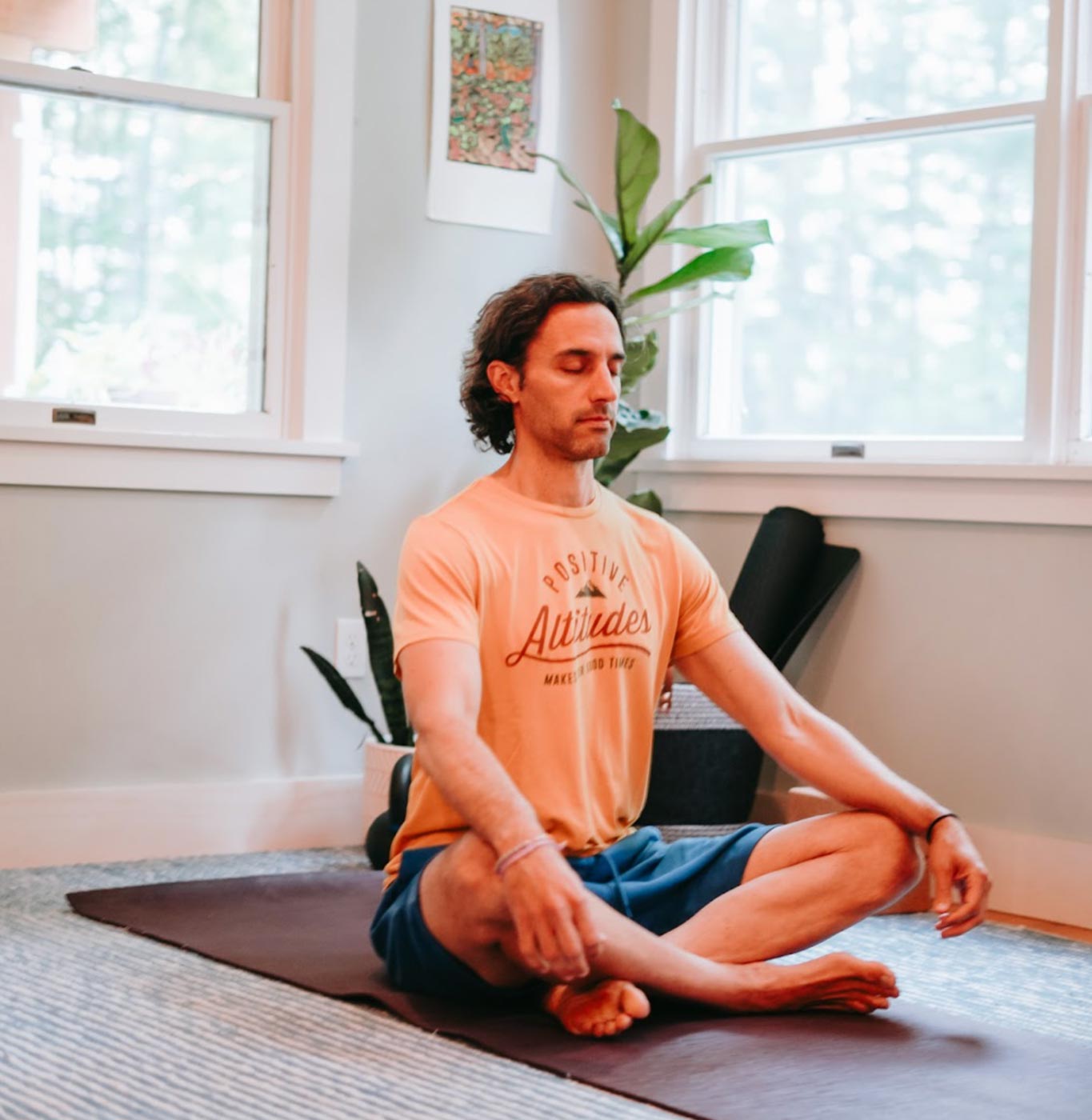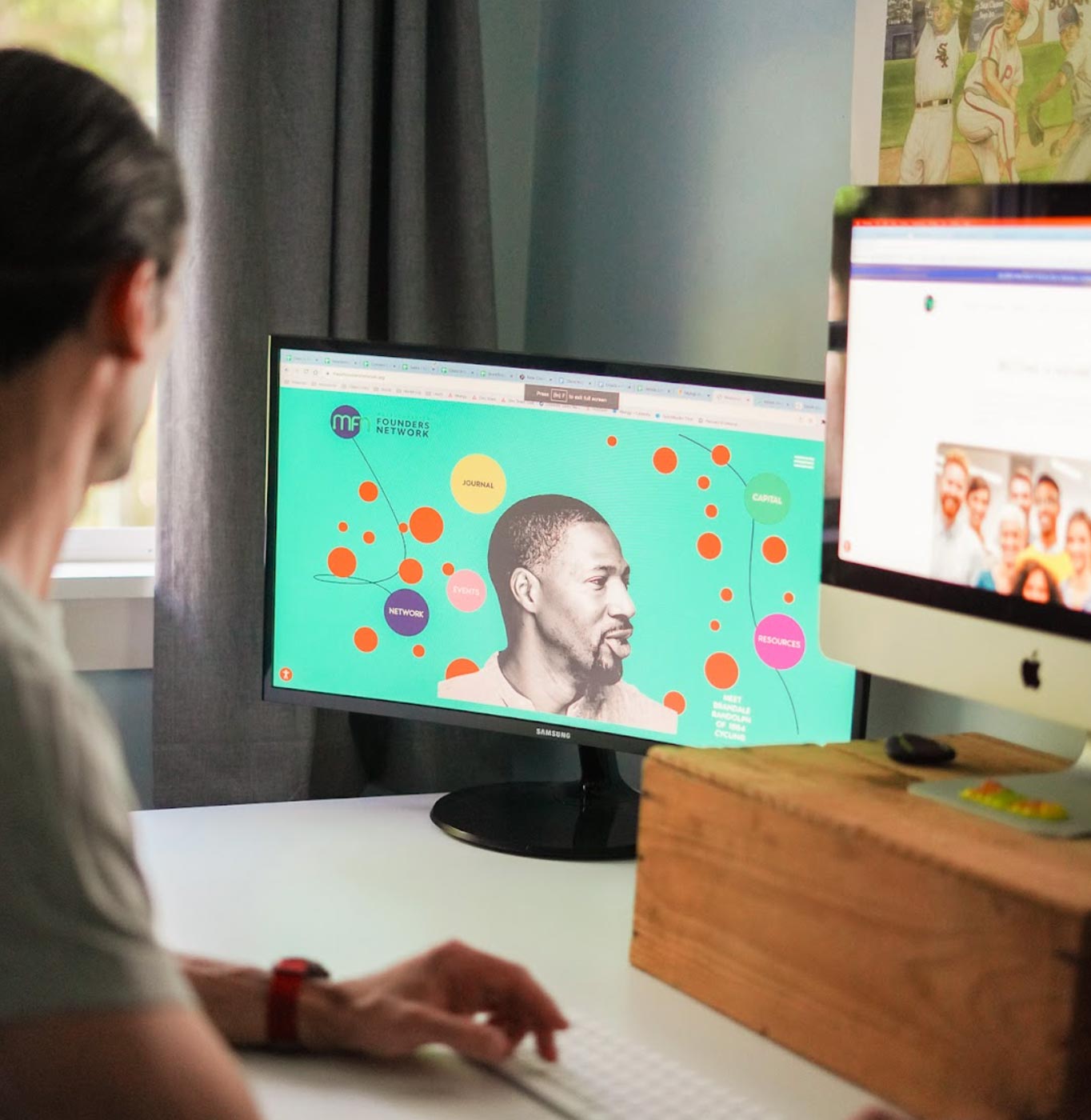Capturing the moment vs. storytelling
Honestly, the question is as simple as this: do you want to capture special moments on camera, or do you have a passion for telling stories through the art of cinema? Videography usually entails far less artistic direction, but that doesn’t mean there’s no creativity involved.
For instance, the same principles of photographic lighting apply to videography too. After all, a video – even a digital file – is essentially a series of stills, so it follows that photography techniques still apply. But cinematography takes it up a notch.
Video selfies vs. Hollywood
So, having said that, do you have to work in Hollywood to be a videographer or cinematographer? Well, the honest answer is that you’re more likely to find cinematographers in film-making meccas like Hollywood, California, but with the right equipment – and plenty of patience with trial-and-error learning – anyone can tell impactful stories through video. The smartphone applications and social media platforms we take for granted wouldn’t exist without great video content and just look at the engagement statistics for proof.
Online videos engage people significantly more than text or even photos. One well-shot video selfie can reach thousands of people in a matter of minutes, so that’s why the best videographers work in the digital space. On the other hand, cinematography is more of an art; in fact, on a movie set, the director of photography is the cinematographer behind the scenes.
Another misnomer is that cinematography involves more technology. While there’s a grain of truth to that assumption, videography can be just as intricate and complex when it comes to software. Like any other tech, video software requires a certain skill to use it best, and it takes time to learn how to do things right, which is why people turn to the pros.
Essentially, that’s the simplest way to distinguish videography from cinematography. One captures the moment while the other captures the attention of an entire theater.




